1. Chihuahua: Small Size, Big Attitude
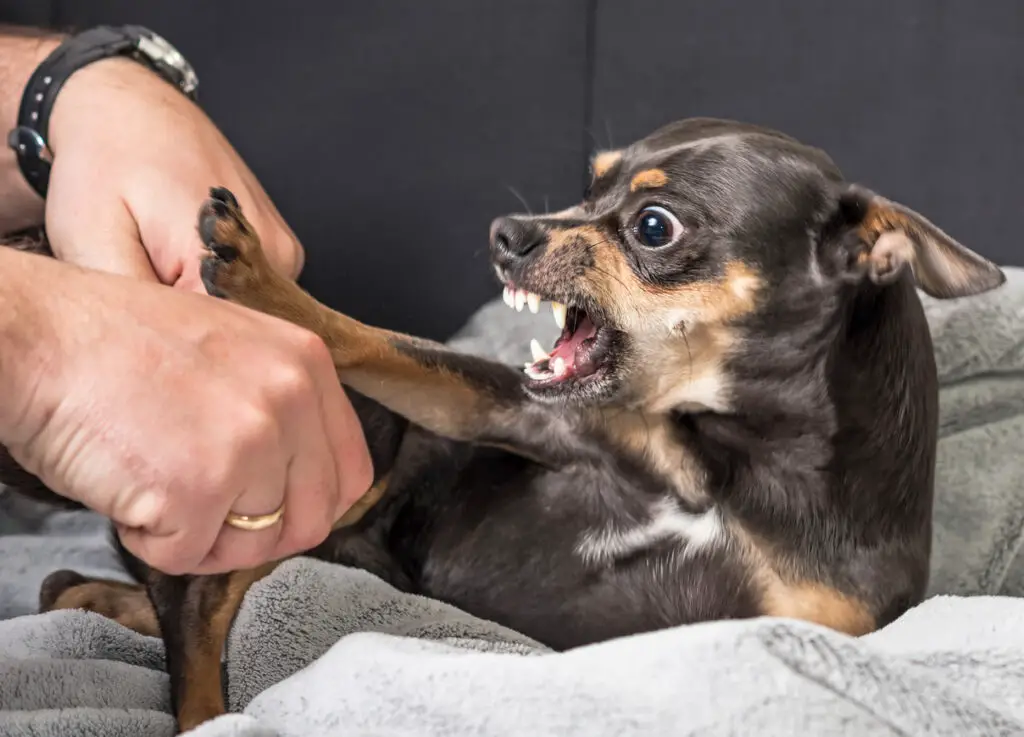
Chihuahuas may be tiny, but they’re known for having a feisty personality. Their small size means they can easily get hurt if a child gets too rough, and they’re not always tolerant of unpredictable movements. This breed tends to bond closely with one person and may not always welcome the chaos that comes with young kids.
2. Dachshund: Loyal, But a Little Short-Tempered
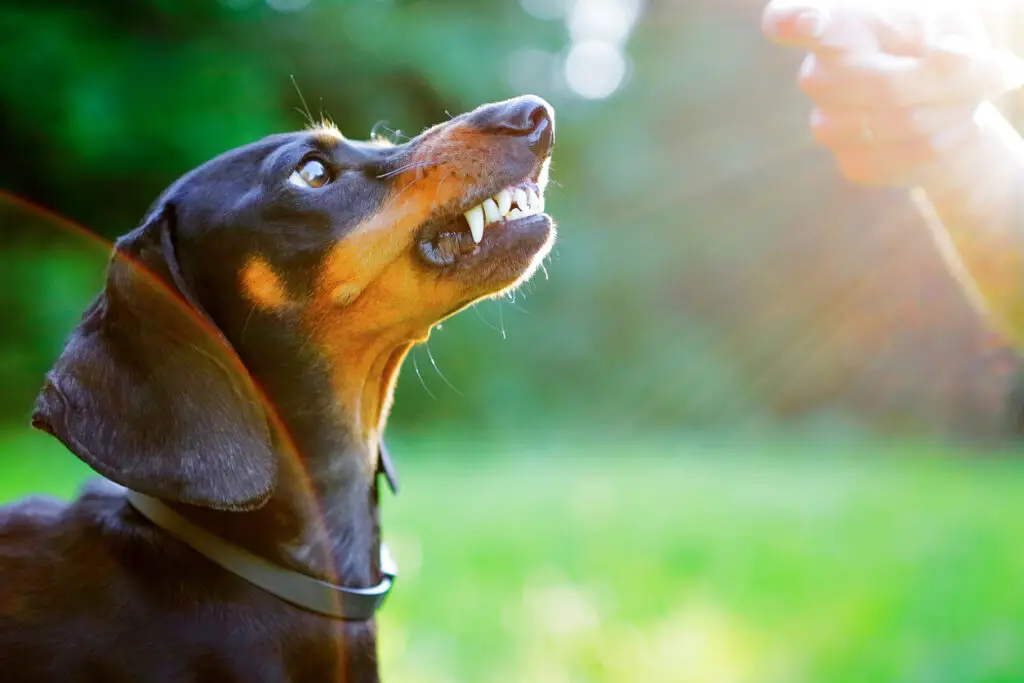
Dachshunds are loving and loyal, but they have a stubborn streak and can be a bit snappy if they feel threatened. Their elongated bodies also make them prone to back injuries if picked up incorrectly, which is common with curious kids who may not know better.
3. Jack Russell Terrier: High Energy Meets Strong-Willed
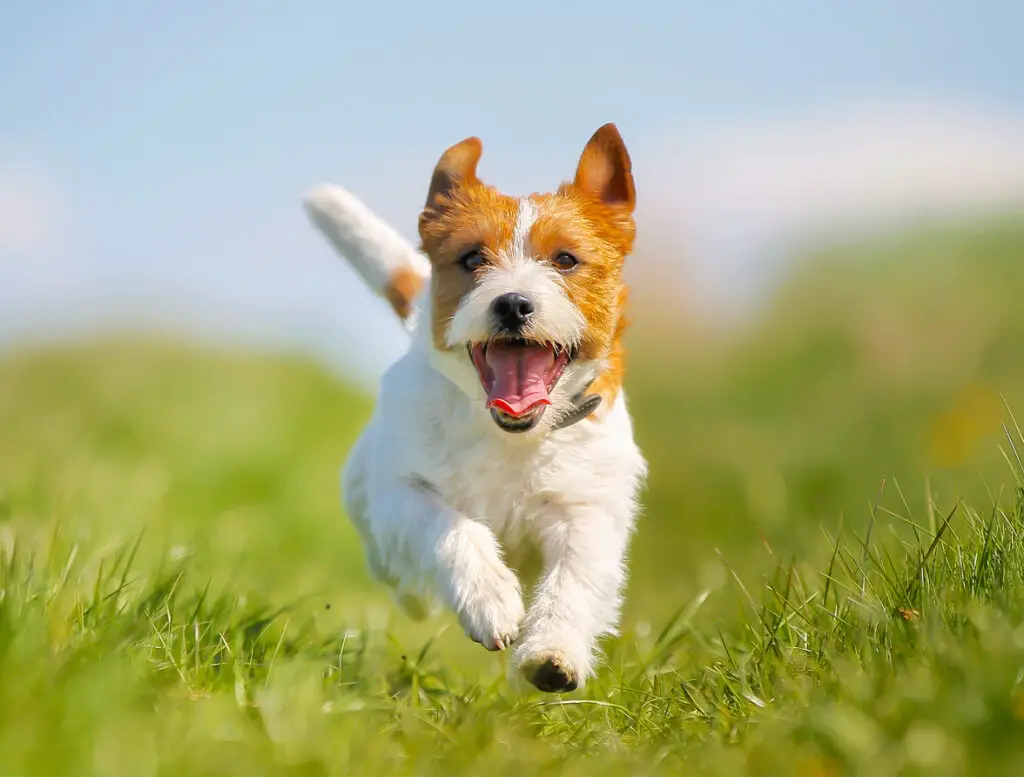
Known for their boundless energy, Jack Russells require plenty of exercise and mental stimulation. They can be a bit overwhelming for young children and may become frustrated if they don’t get the exercise and attention they need. Their assertiveness can make them a bit unpredictable around toddlers.
4. Akita: Fiercely Loyal and Protective
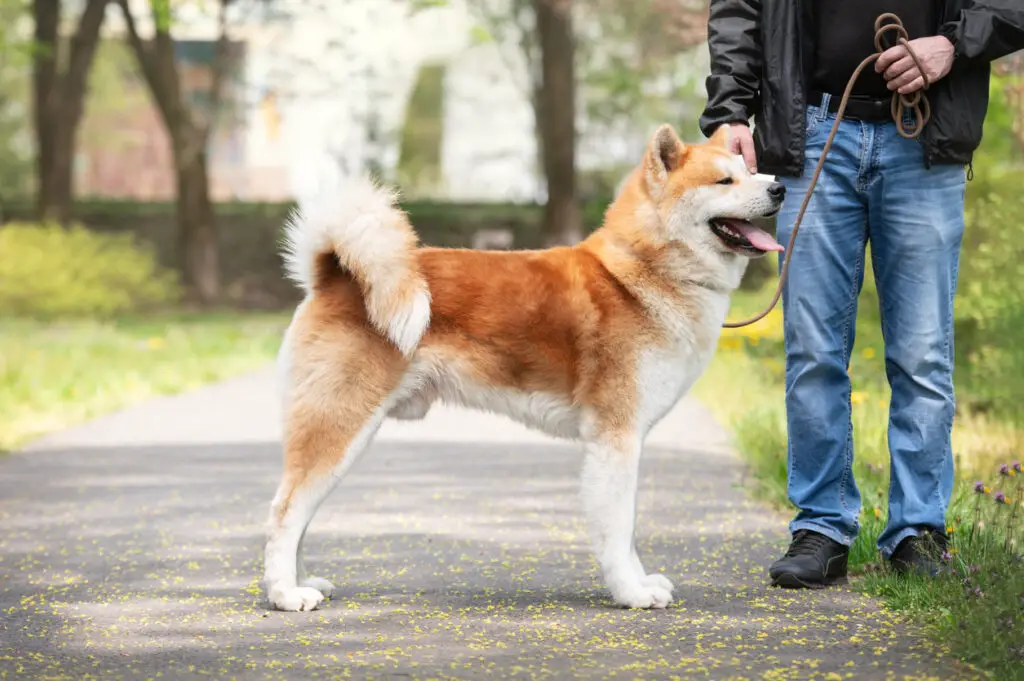
Akitas are known for their strong loyalty to their family, but they can be reserved and sometimes wary around strangers, including little ones. They require careful socialization and firm training, which might be too much for families with young kids who may not understand personal boundaries.
5. Dalmatian: High-Energy and Strong-Willed
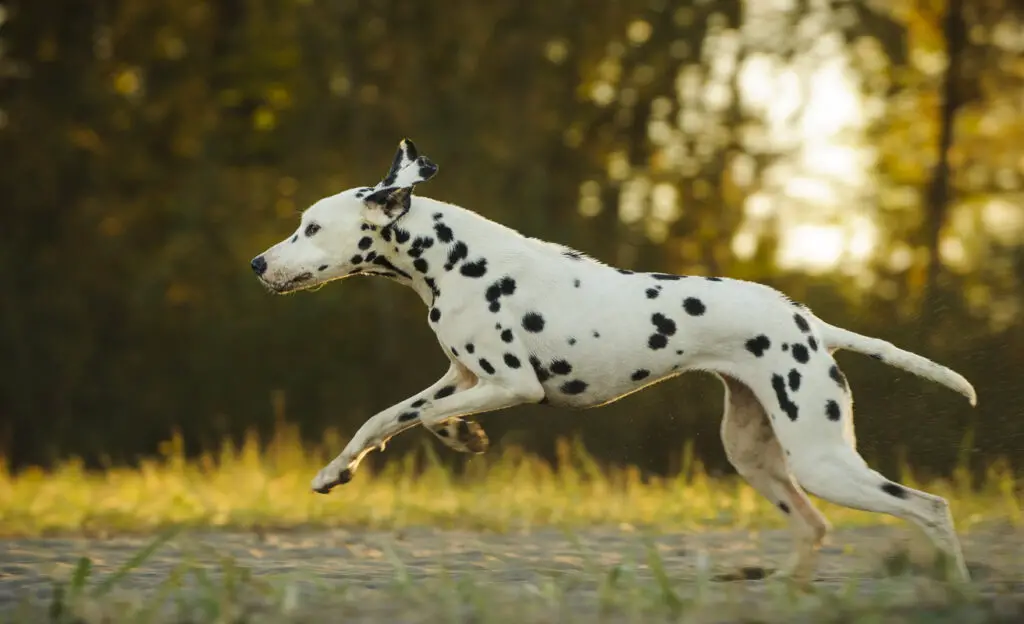
Dalmatians are playful and protective, but they have high energy levels and can be somewhat stubborn. Without proper training and outlets for their energy, they can become frustrated and difficult to manage. They can also be protective of their food and toys, which can be tricky with young kids.
6. Shih Tzu: Small and Sometimes Sensitive
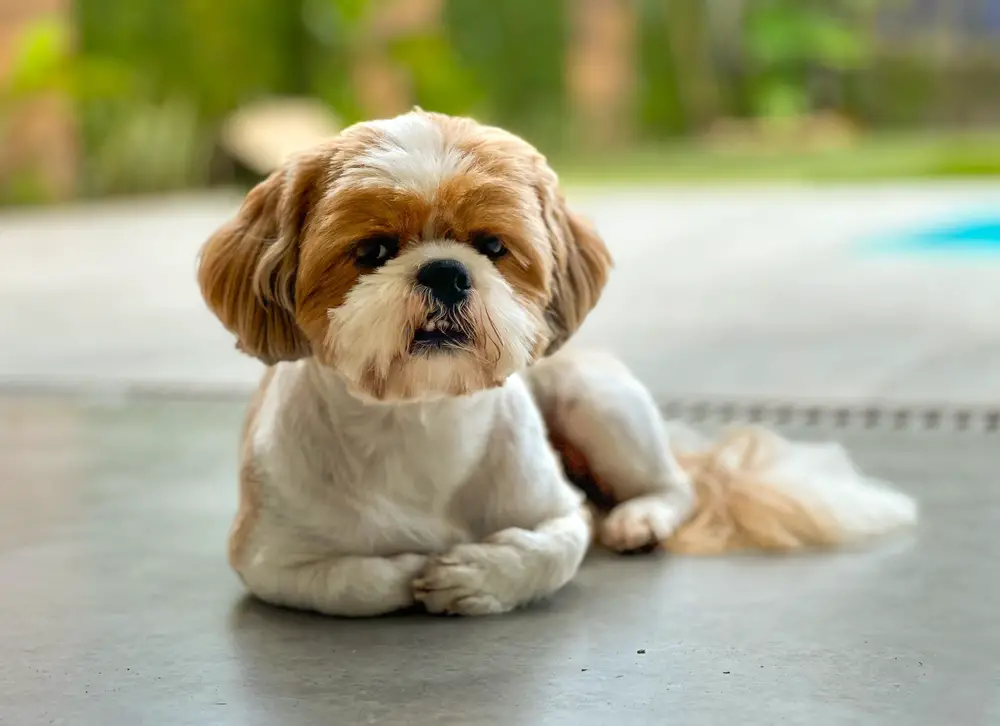
Shih Tzus are typically friendly, but their small size and sensitive nature mean they can be easily startled or accidentally hurt by small children. They may not always be tolerant of loud noises or rough handling, and they can get defensive if they feel threatened.
7. Weimaraner: Active and Attention-Seeking
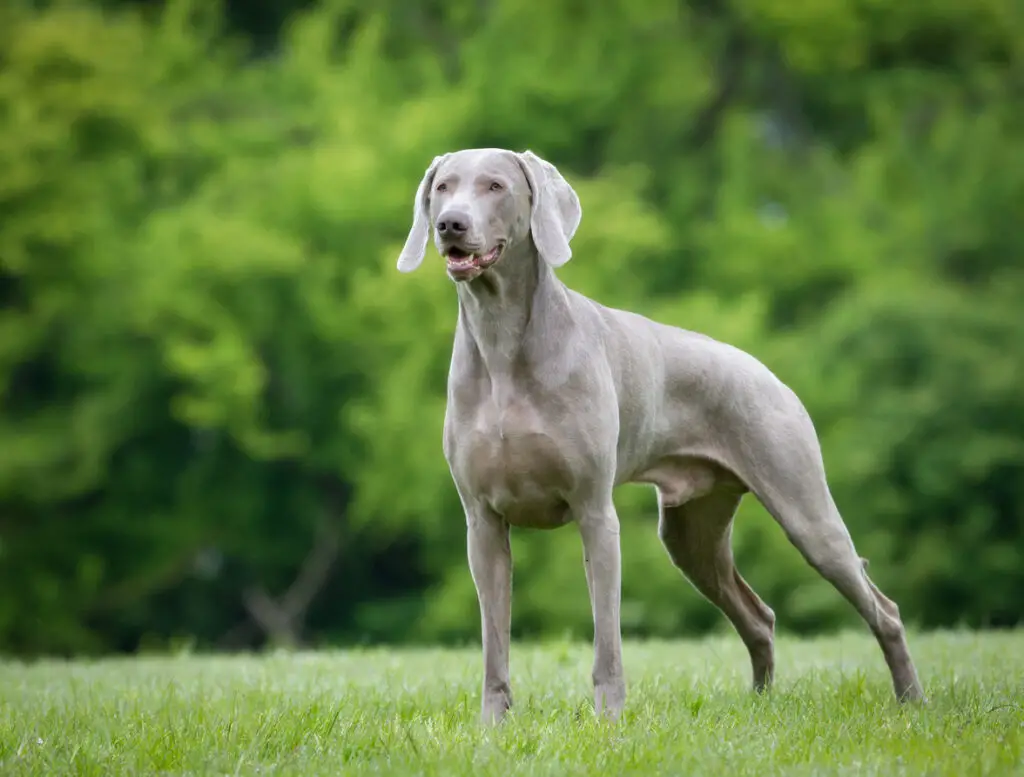
Weimaraners are known for being highly active and affectionate, but they require constant engagement. Their size and energy make them better suited for homes with older children who can keep up with them and understand boundaries. They may become overly excited or even knock over small children unintentionally.
8. Alaskan Malamute: Big, Strong, and Independent
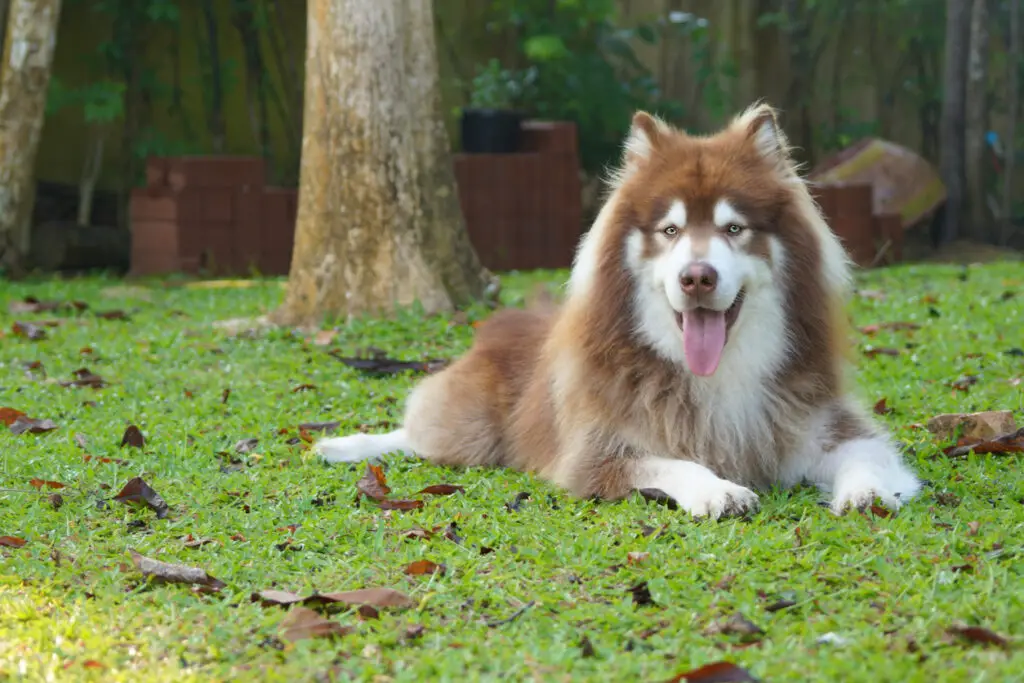
Alaskan Malamutes are gentle giants, but their size and strength can be overwhelming for families with little kids. These dogs have a strong independent streak and require firm, consistent training. Without it, they may become too boisterous or even unintentionally rough around young children.
9. Australian Shepherd: Smart, but Herding Instincts Can Be Intense

Australian Shepherds are intelligent, energetic, and highly trainable, but they have a strong herding instinct. This can translate to nipping or chasing behaviors, especially around small children who may move unpredictably. They’re better suited to homes where their herding instinct can be channeled positively.
10. Cocker Spaniel: Loving but Easily Stressed
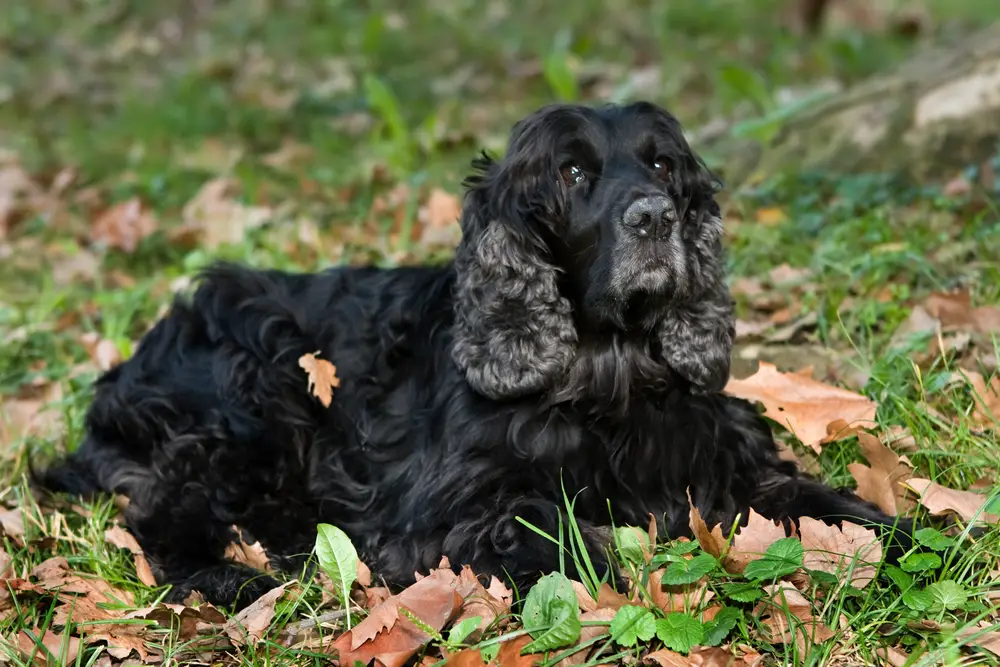
Cocker Spaniels are sweet and affectionate but can become anxious or stressed in high-energy environments. Small children’s unpredictable behavior can sometimes trigger a fear response in Cockers, leading them to become defensive. They need a calm, patient environment to thrive.
11. Saint Bernard: Gentle Giants Who May Not Realize Their Size
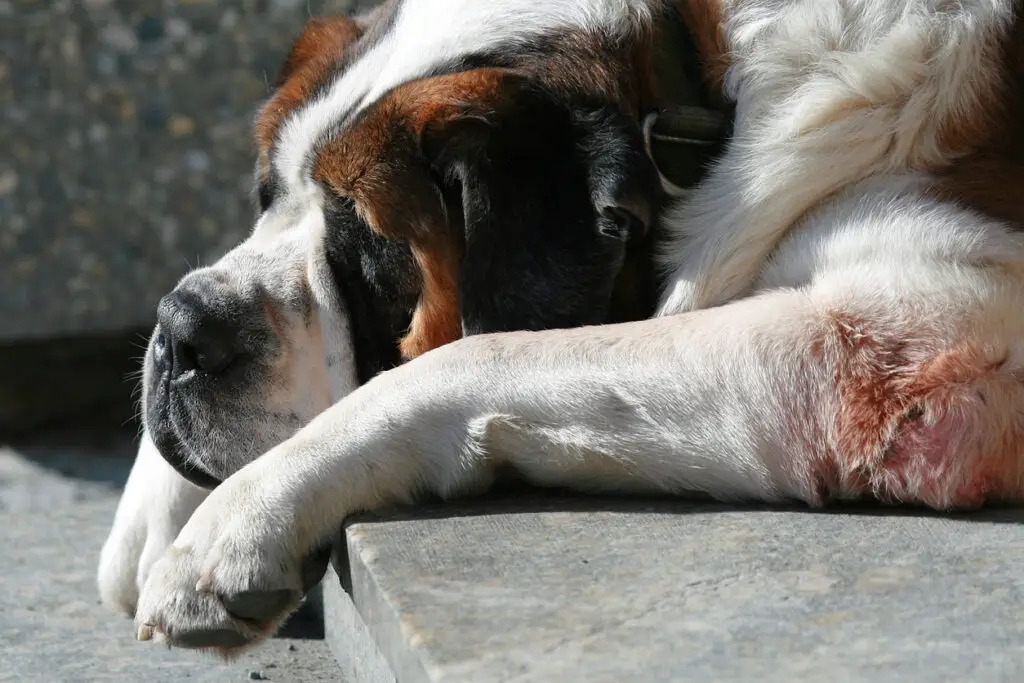
Saint Bernards are known for their gentle nature, but their sheer size can be a problem around small children. They’re strong, sometimes clumsy, and might accidentally knock over young kids. They’re perfect for families with older children but may be too much to handle for families with toddlers.
12. Border Collie: High Energy, High Intelligence
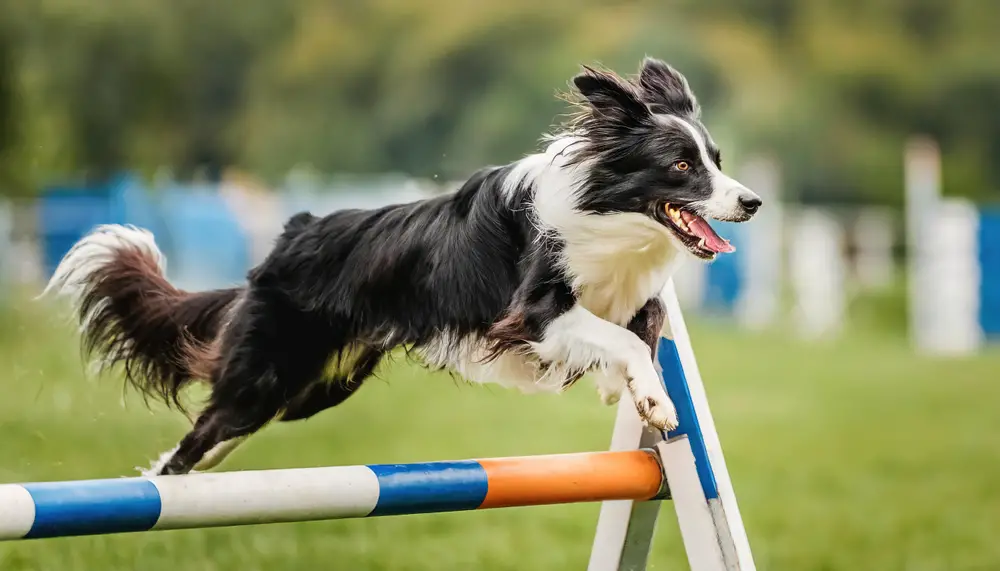
Border Collies are incredibly smart and active, but they need a lot of mental and physical stimulation. Around small children, they may try to “herd” them, which can involve nipping. They’re wonderful pets for active families but may not be the best fit for homes with toddlers who need a more laid-back dog.
13. Chow Chow: Independent and Sometimes Aloof

Chow Chows are known for their independence and, at times, aloof demeanor. While they can be loving with their family, they’re not always tolerant of strangers or young children. They require a lot of socialization and careful handling, which may not be ideal for families with little kids.
Remember that we are only making recommendations and each pet is very different. When your family pet gets to be around yours or other people’s children, things are way different. If you have any suggestions for us to improve this site, please let us know in the comments section. Thank you, Jane & Michael


